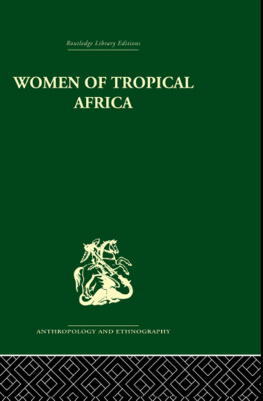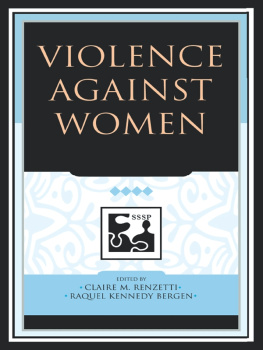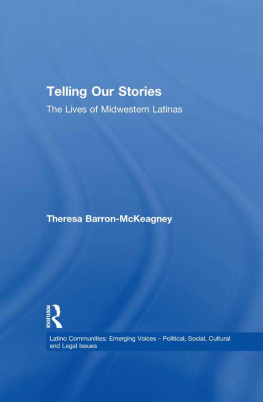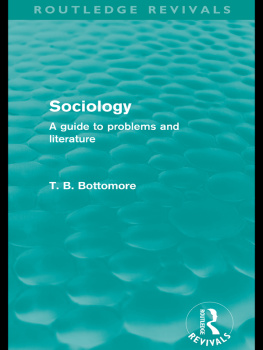
AFRICA
In 26 Volumes
| I | Spirit Mediumship and Society in Africa | Beattie & Middleton |
| II | Custom & Politics in Urban Africa | Cohen |
| III | Urban Ethnicity | Cohen |
| IV | Order and Rebellion in Tribal Africa | Gluckman |
| V | Death, Property and the Ancestors | Goody |
| VI | The Family Estate in Africa | Gray & Gulliver |
| VII | Tradition and Transition in East Africa | Gulliver |
| VIII | The Human Factor in Changing Africa | Herskovits |
| IX | African Ecology and Human Evolution | Howell & Bourlire |
| X | The Nandi of Kenya | Huntingford |
| XI | Fields of Change among the Iteso of Kenya | Karp |
| XII | The Niger Journal of Richard and |
| John Lander | Hallett |
| XIII | Defeating Mau Mau | Leakey |
| XIV | Mau Mau and the Kikuyu | Leakey |
| XV | Urbanization as a Social Process | Little |
| XVI | Family and Social Change in an |
| African City | Marris |
| XVII | Widows and their Families | Marris |
| XVIII | Tribes without Rulers | Middleton & Tait |
| XIX | Neighbours and Nationals in an |
| African City Ward | Parkin |
| XX | The Last Trek | Patterson |
| XXI | Women of Tropical Africa | Paulme |
| XXII | Hunger and Work in a Savage Tribe | Richards |
| XXIII | Leopards and Leaders | Ruel |
| XXIV | Western Civilization and the Natives |
| of South Africa | Schapera |
| XXV | East African Societies | Shorter |
| XXVI | The Samburu | Spencer |

First published in 1963
Routledge
2 Park Square, Milton Park, Abingdon, Oxfordshire 0X14 4RN
711 Third Avenue, New York, NY 10017
Routledge is an imprint of the Taylor & Francis Group, an informa business
First issued in paperback 2011
1960 Mouton & Co
1963 Routledge Kegan and Paul Ltd
All rights reserved. No part of this book may be reprinted or reproduced or utilized in any form or by any electronic, mechanical, or other means, now known or hereafter invented, including photocopying and recording, or in any information storage or retrieval system, without permission in writing from the publishers.
The publishers have made every effort to contact authors/copyright holders of the works reprinted in Routledge Library EditionsAnthropology and Ethnography. This has not been possible in every case, however, and we would welcome correspondence from those individuals/companies we have been unable to trace.
These reprints are taken from original copies of each book. In many cases the condition of these originals is not perfect. The publisher has gone to great lengths to ensure the quality of these reprints, but wishes to point out that certain characteristics of the original copies will, of necessity, be apparent in reprints thereof.
British Library Cataloguing in Publication Data
A CIP catalogue record for this book is available from the British Library
Women of Tropical Africa
ISBN 978-0-415-33000-8 (hbk)
ISBN 978-0-415-51126-1 (pbk)
ISBN 978-1-136-53304-4 (epub)
Miniset: Africa
Series: Routledge Library Editions Anthropology and Ethnography

Translated from the French
FEMMES DAFRIQUE NOIR
First published in Great Britain in 1963
by Routledge & Kegan Paul Ltd
Broadway House, 6874 Carter Lane
London, E.C.4
Printed in Great Britain
by Charles Birchall and Sons, Limited
Liverpool and London
1960 Mouton & Co
1963 Routledge & Kegan Paul Ltd
No part of this book may be reproduced
in any form without permission from
the publisher, except for the quotation
of brief passages in criticism
I SHOULD LIKE to thank all those who have helped me on various technical points.
Dr D. W. Arnott very kindly gave me advice on English transliteration problems in general, and on transliteration of Fula words in particular; M. de Dampierre and Professor A. N. Tucker did the same for Nzakara terms. If their recommendations have not always been followed to the letter, this is because in order to simplify matters for printers and readers, some diacritical marks have been omitted, and the French system of using capitals instead of special letters in words such as WoDaaBe has been retained. I have sought to give the English form for tribal and geographical names where this differs from the French, but, at the request of the editor, Mme Denise Paulme, an exception has been made for the Coniagui (the English form for which would be Konyagi), on the plea that this is the spelling accepted by the Coniagui themselves. Further exceptions have been made for Sultan Bangassou and his wife Natlg, on the grounds that they are historical figures known under these names.
Dr K. P. Wachsmann was most helpful in supplying information about the usir, the bar zither used by the Coniagui. I am greatly indebted to him, as without this information I should have been lost to know how to translate the description of the instrument.
I have been fortunate in being able to consult Dr Judith Djamour and Dr Maurice Freedman on problems of anthropological terminology as they arose, and am grateful to both for giving so generously of their time and expert knowledge. If I have not always found the correct English equivalent for French terms, this is my fault, not theirs.
I am also grateful to the International African Institute for allowing me to consult their catalogues and use their library, and to the staff for their unfailing helpfulness in answering my queries. This greatly facilitated work on the Annotated Bibliography, which I have occasionally supplemented by giving reference to English editions of works cited.
The essay Women of Burundi: A Study of Social Values was translated by its author, Ethel M. Albert.
H.M.W.
THE SIX ESSAYS collected here are all by women who are professional anthropologists (two of them being physicians in addition), and are based on fieldwork carried out in Africa by the authors within the last ten years.
Avoiding the usual preconceptions about the inferior position of women in a traditional African setting, each essay deals with woman in her everyday life and with the problems that particularly concern her. This is a new approach, for, since ethnographic research has almost always been exclusively carried out with the help of, and among, the male part of the population, the picture that has emerged has to a large extent been the image which the men, and the men alone, have of their society. It is well known that travellers in a foreign land, whether men or women, find difficulty in making contact with the womenfolk and in getting into conversation with them; and when, to the barriers of language and custom, are added those arising in a colonial situation between rulers and subjects, the difficulty becomes almost insuperable. When African women see a female foreigner making a direct approach for information to the men of the village, starting discussions with them, and entering places and sometimes even attending ceremonies to which they, as women, are not admitted, they show no interest in her at all at first. But, once their curiosity is aroused, they tend to be ironical and severely critical: how can a woman, whose proper tasks are looking after the home and the children, behave in a way that seems to deny her very nature? Besides, why should any attention be paid to the opinions of this foreigner who, from the very moment of her arrival, has taken the mens side in the eternal battle which is every day liable to flare up through some incident, either trifling or serious? And there can be no doubt as to which side she is on: has she not lent a sympathetic ear to the mens complaintsshame on her, shame on them!and already written down on paper the reproaches that husbands and fiancs are forever casting at their womenfolk as if they expected the women to allow themselves to be treated like servants? And when the foreigner finally comes to visit the women, she will be met with reserve or even open hostility, and as often as not will find her efforts rewarded by a refusal to admit her.












